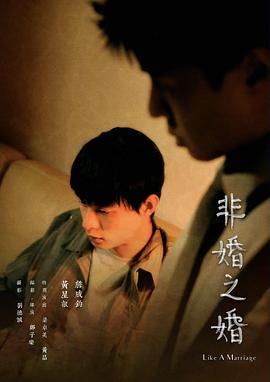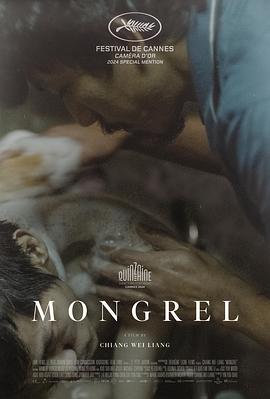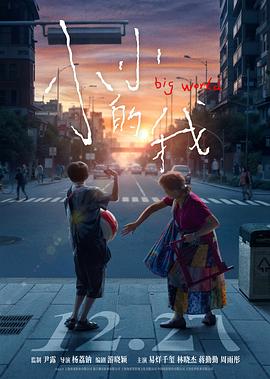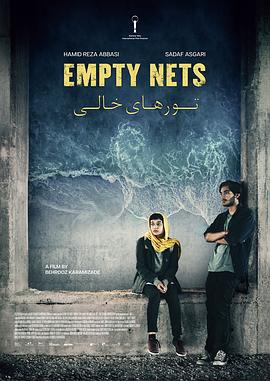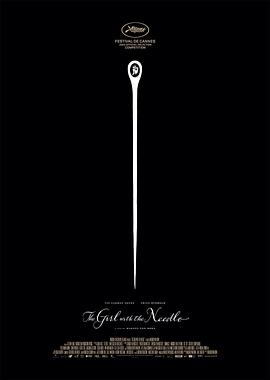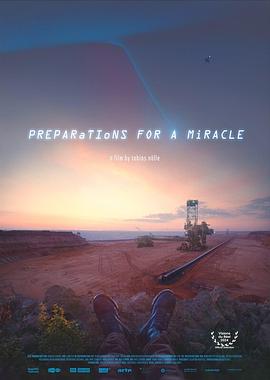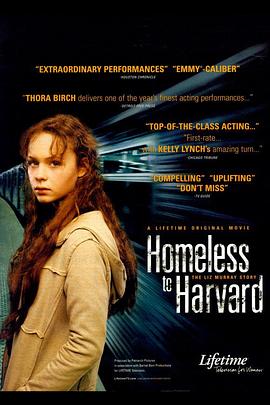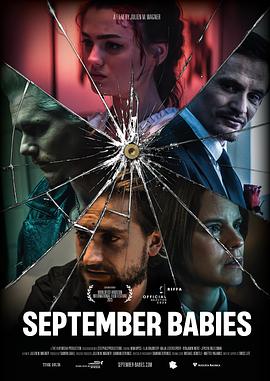- 正在播放《欧洲的某个地方》DVD中字 - 高清
- 提醒不要轻易相信视频中的任何广告,谨防上当受骗
- 技巧如遇视频无法播放或加载速度慢,可尝试切换播放节点或者切换解析
- 收藏免费短视频分享大全 - 大中国网址:h8.org.cn / h8.org.cn ,记得收藏哟~
剧情:
Somewhere in the remote region, the war ends. In the midst of ruined cities and houses in the streets, in rural hamlets, everywhere where people still live, are children who have lost their homes and parents. Abandoned, hungry, and in rags, defenseless and humiliated, they wander through the world. Hunger drives them. Little streams of orphans merge into a river which rushes forward and submerges everything in its path. The children do not know any feeling; they know only the world of their enemies. They fight, steal, struggle for a mouthful of food, and violence is merely a means to get it. A gang led by Cahoun finds a refuge in an abandoned castle and encounters an old composer who has voluntarily retired into solitude from a world of hatred, treason, and crime. How can they find a common ground, how can they become mutual friends? The castle becomes their hiding place but possibly it will also be their first home which they may organize and must defend. But even for this, the price will be very high. To this simple story, the journalist, writer, poet, scriptwriter, movie director, and film theoretician Béla Balázs applied many years of experience. He and the director Géza Radványi created a work which opened a new postwar chapter in Hungarian film. Surprisingly, this film has not lost any of its impact over the years, especially on a profound philosophical level. That is to say, it is not merely a movie about war; it is not important in what location and in what period of time it takes place. It is a story outside of time about the joyless fate of children who pay dearly for the cruel war games of adults. At the time it was premiered, the movie was enthusiastically received by the critics. The main roles were taken by streetwise boys of a children's group who created their roles improvisationally in close contact with a few professional actors, and in the children's acting their own fresh experience of war's turmoil appears to be reflected. At the same time, their performance fits admirably into the mosaic of a very complex movie language. Balázs's influence revealed itself, above all, in the introductory sequences: an air raid on an amusement park, seen in a montage of dramatic situations evoking the last spasms of war, where, undoubtedly, we discern the influence of classical Soviet cinematography. Shooting, the boy's escape, the locomotive's wheels, the shadows of soldiers with submachine guns, the sound of a whistle—the images are linked together in abrupt sequences in which varying shots and expressive sharp sounds are emphasized. A perfectly planned screenplay avoided all elements of sentimentality, time-worn stereotypes of wronged children, romanticism and cheap simplification. The authors succeeded in bridging the perilous dramatic abyss of the metamorphosis of a children's community. Their telling of the story (the scene of pillaging, the assault on the castle, etc) independently introduced some neorealist elements which, at that time, were being propagated in Italy by De Sica, Rossellini, and other film artists. The rebukes of contemporary critics, who called attention to "formalism for its own sake" have been forgotten. The masterly art of cameraman Barnabás Hegyi gives vitality to the poetic images. His angle shots of the children, his composition of scenes in the castle interior, are a living document of the times, and underline the atmosphere and the characters of the protagonists. The success of the picture was also enhanced by the musical art of composer Dénes Buday who, in tense situations, inserted the theme of the Marseilaise into the movie's structure, as a motive of community unification, as an expression of friendship and the possibility of understanding. Valahol Europaban is the first significant postwar Hungarian film. It originated in a relaxed atmosphere, replete with joy and euphoria, and it includes these elements in order to demonstrate the strength of humanism, tolerance, and friendship. It represents a general condemnation of war anywhere in the world, in any form.
收起
相关影片
2021
剧情片
香港
HD
2024
剧情片
台湾
HD
2024
剧情片
日本
HD
2024
剧情片
大陆
HD
2023
剧情片
其它
HD
2024
剧情片
日本
HD
2024
剧情片
大陆
HD
2024
剧情片
其它
维多利亚·卡门·索内 崔娜·蒂虹 Besir Zeciri Ava Knox Martin Joachim Fjelstrup Tessa Hoder 索伦·希特-拉森 Thomas Kirk Dan Jakobsen Anna Tulestedt 阿里·亚历山大 贝妮迪克特·汉森 Per Thiim Thim Peter Secher Schmidt Agnieszka Przyborowska-Mitrosz Cordelia Majgaard Tommy Wurtz Petersen Liv Vil
卡罗琳是一名年轻的工厂工人,在第一次世界大战后的哥本哈根努力摆脱贫困时,发现自己被遗弃并怀孕了。 在挣扎中,她遇到了达格玛,一位魅力十足的女性,在一家糖果店里经营着一家隐藏的收养机构,帮助贫困母亲
HD
2024
剧情片
日本
HD
2024
剧情片
其它
HD
2023
剧情片
美国
HD
2022
剧情片
马来西亚
HD
2003
剧情片
美国
HD
2024
剧情片
其它
HD

